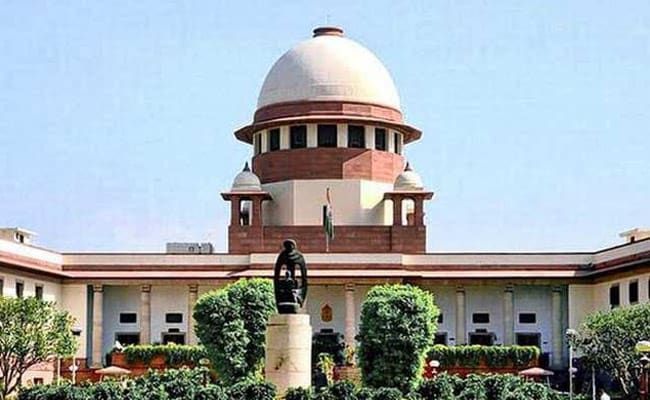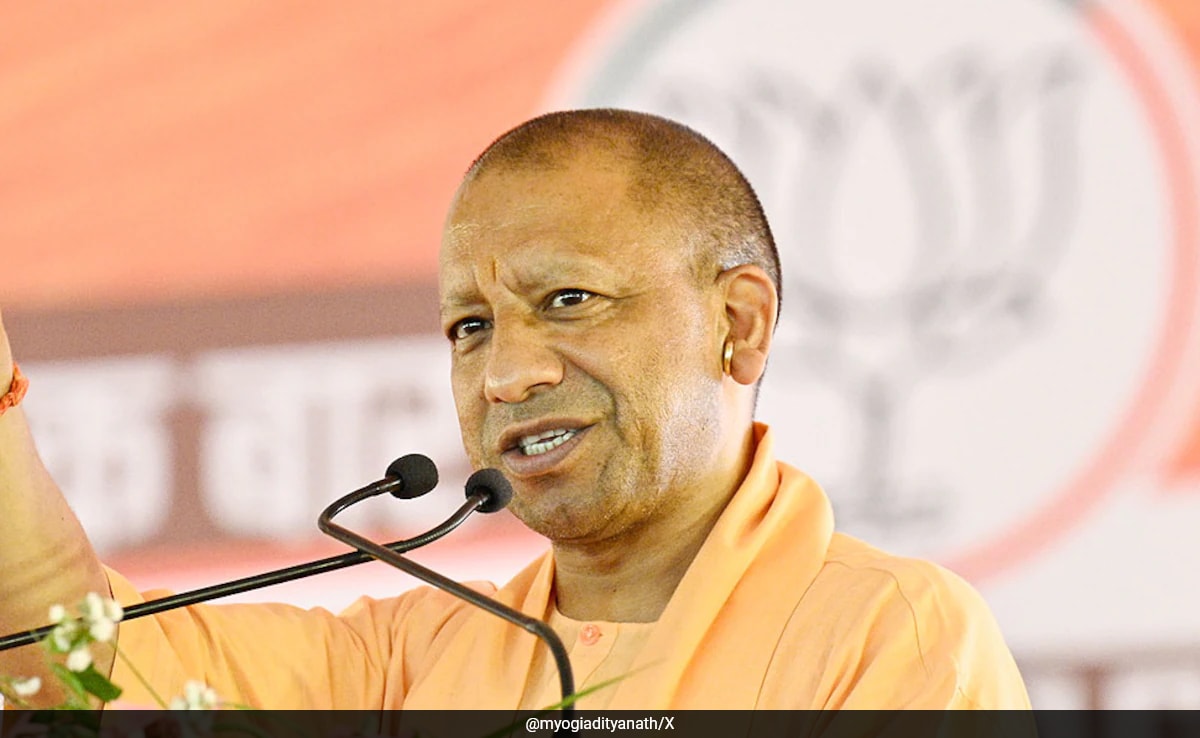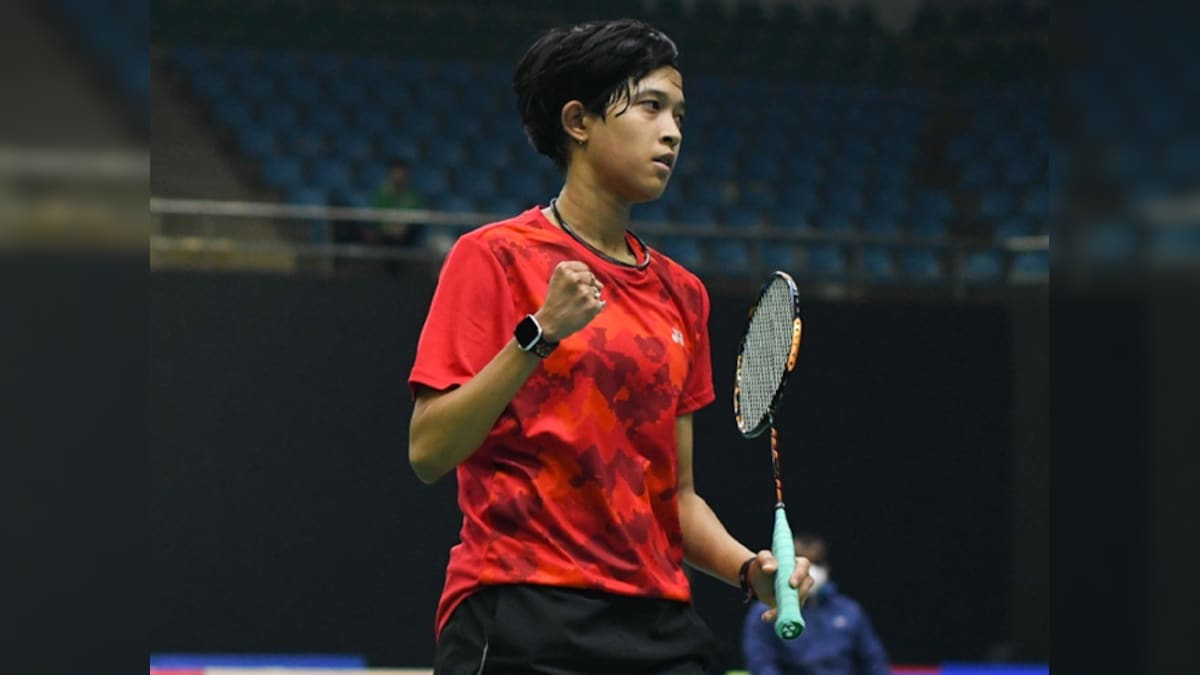
New Delhi:
Considering that preventive detention is a stringent measure and any such move based on capricious or routine exercise of power must be nipped in the bud, the Supreme Court has set aside the Telangana High Court order dismissing the appeal of the detainee.
A bench headed by Chief Justice of India DY Chandrachud on Thursday said the basic concept of preventive detention is that a person is detained not to punish him for something he has done but to prevent him from doing so.
Justices JB Pardiwala and Manoj Misra said: “The inability of the state police agencies to resolve law and order issues should not be an excuse for invoking preventive detention jurisdiction.”
“Preventive detention is a stringent measure and any order of detention resulting from capricious or routine exercise of power must be nipped in the bud. It must be quashed at the earliest opportunity,” the Supreme Court said.
On September 12 last year, the appellant was arrested under the Telangana Prevention of Dangerous Activities Act, 1986 on the orders of the Commissioner of Police, Rachakonda, Telangana. Four days later, the Telangana High Court dismissed the man’s petition and challenged the detention order.
The Supreme Court in its recent order said that the law has made it clear that any power under the law relating to preventive detention must be exercised with utmost caution, caution and restraint.
It said the pendency of prosecution did not bar a preventive detention order, nor did a preventive detention order bar prosecution.
“We are of the view that the mere registration of two FIRs on suspicion of robbery etc. cannot be the basis for invoking the provisions of the 1986 Act for preventive detention of the appellant if he is a person within the meaning of Section 2(g) of the 1986 Act “GOONDA”.
The judge said: “The charges against the appellant may be said to raise law and order issues but we find it difficult to say that they infringed upon public order.”
It added that courts have repeatedly reiterated that for a person’s activities to be included within the expression “in any way detrimental to the maintenance of public order”, the activity must be of a nature that cannot be dealt with by the common law or prevent subversive activities affecting society.
While the term “law and order” has a wider scope as an offense always affects order, “public order” has a narrower scope and can only be affected by an offense affecting the community or the public at large, the Supreme Court bench said.
“The difference between the realm of ‘law and order’ and ‘public order’ lies in the degree and scope of the impact of the behavior in society. The behavior has the potential to disrupt the even rhythm of life in the community, which is not conducive to the maintenance of public order,” the judge said.
The Supreme Court said that reasons for the order should be provided to the detainee and the decision of the authorities must be a natural result of consideration of the relevant and material facts available on record.
“While issuing a detention order, the authorities should achieve appropriate satisfaction and this should be clearly and unambiguously reflected in the detention order,” the Supreme Court said.
It emphasized that under the Constitution, any law on preventive detention must provide for the establishment of an advisory committee consisting of persons who have been appointed as High Court Judges or are eligible for appointment as High Court Judges.
“The advisory committee established under the preventive detention legislation must conduct a proper and thorough examination of the detention order submitted to it, assessing all aspects and angles before expressing any definite opinion in the report,” the Supreme Court said.
It said the recommendation must consider all aspects justifying the detention and its legality, rather than confirming the “subjective satisfaction” of the detaining authority.
The Supreme Court set aside the High Court order and quashed the detention order.
(Except for the headline, this story has not been edited by NDTV staff and is published from a syndicated feed.)
wait reply load…
Follow us on Google news ,Twitter , and Join Whatsapp Group of thelocalreport.in
















